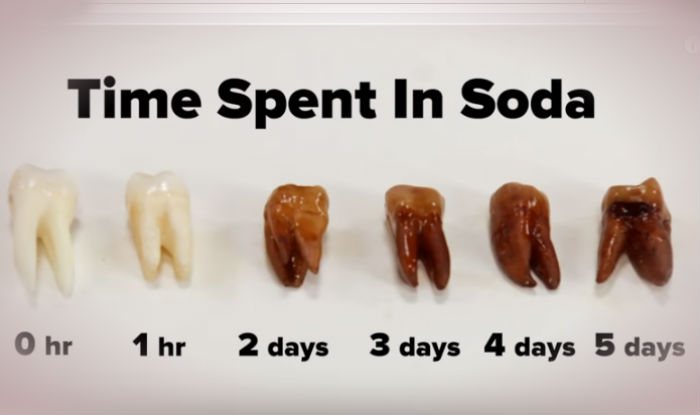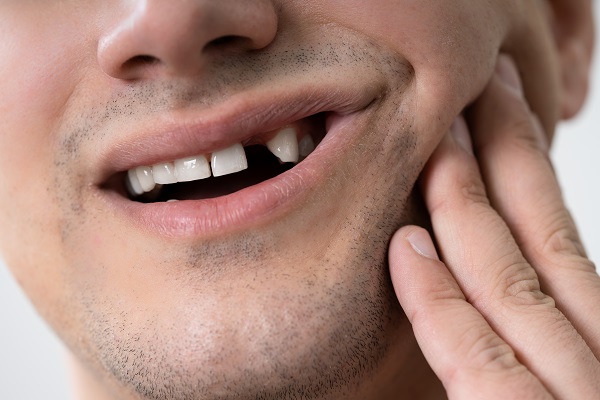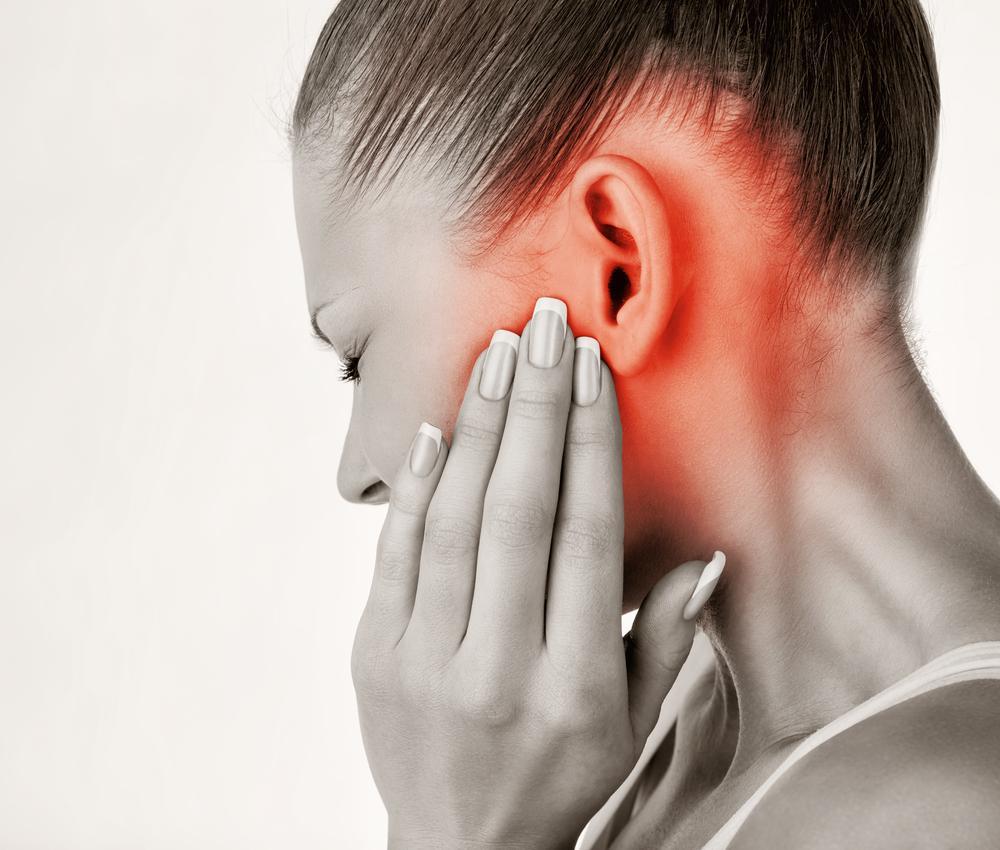Did you know that fizzy drinks can affect your teeth in 2 main ways: caries and acid dental erosion. Acids and acidic sugar byproducts in soft drinks soften tooth enamel, contributing to the formation of cavities and dental erosion. In normal setting, following a sugar load, saliva has a buffering effect and restores the pH (potential of hydrogen) close to neutral and remineralises the enamel.
Potential of hydrogen, pH, is a standard way to measure the acidity of a substance. It is measured on a scale of 0 to 14. A lower pH means that a solution contains more acid. The higher the pH, the more alkaline (or non-acidic) the solution. When a solution is neither acid nor alkaline, it has a pH of 7, which is neutral.
However, with frequent intake of food with a low pH value, such as soft drinks, fruit juices, pickles, the mouth can’t repair itself and there is a greater chance for the irreversible dental erosion as a result. Dental erosion is a breakdown of tooth structure caused by the affect of acid on the teeth. In extreme cases, softer enamel combined with improper brushing, grinding of the teeth or other conditions can lead to tooth loss as well.
All can benefit from reducing the number of soft drinks they consume, as well as from available oral care therapies.
Here are some steps you can take to prevent cavities and dental erosion:
- Limit the intake of soft drinks to meal times or even substitute different drinks. Drink beverages containing less sugar and acid.
- If you can’t avoid drinking soft drinks, use of a straw helps limit the exposure of the teeth to the sugar and acid, but keep in the back of your mind soft drinks have emerged as one of the most significant dietary sources of tooth decay, affecting people of all ages.
- After consuming a pop, flush your mouth with water to remove vestiges of the drink that can prolong exposure of tooth enamel to acids.
- Use fluoride toothpaste and mouth rinse, because it reduces cavities and strengthens tooth enamel.
- Get professionally applied fluoride treatment. Your dental hygienist can apply fluoride in the form of a foam, gel or rinse.






